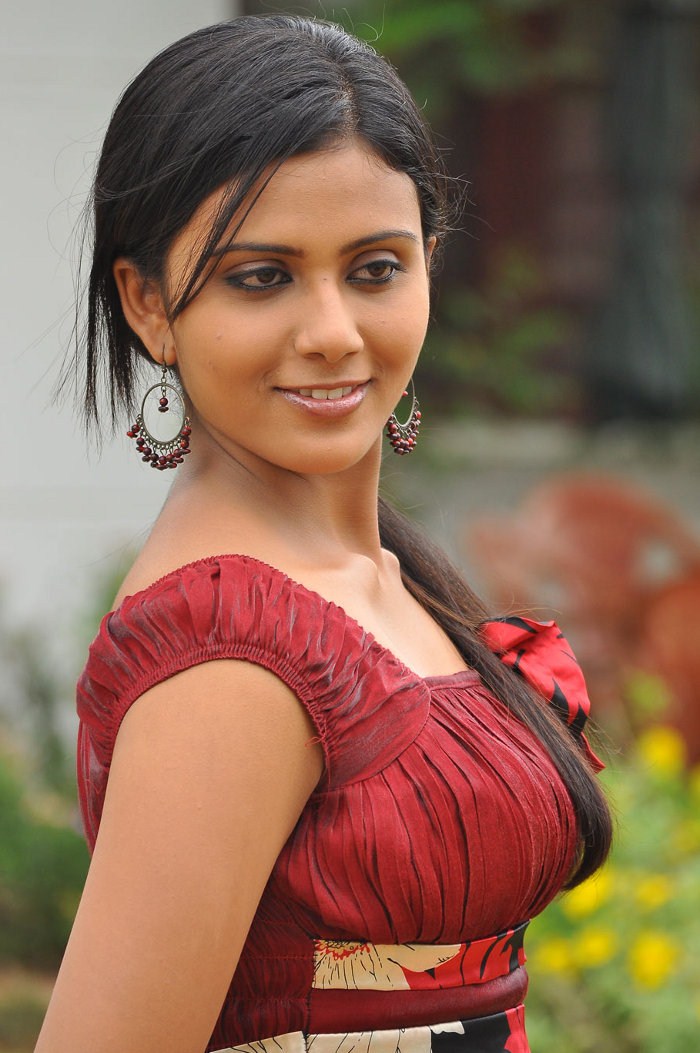Is Laila Majnu truly a groundbreaking retelling of the classic love story, or does it merely recycle familiar tropes? A bold statement can be made that this Bollywood film directed by Sajid Ali not only revisits but also reinvigorates the age-old tale of star-crossed lovers. While bearing the unmistakable influence of co-writer Imtiaz Ali, Laila Majnu offers its own unique take on themes that have resonated with audiences for generations.
The credits may say “Laila Majnu” is directed by Sajid Ali, yet the film cannot escape the indelible mark left by his brother and collaborator, Imtiaz Ali. This adaptation attempts to turn the tragic romance narrative on its head while maintaining certain recurring motifs seen in earlier works from the same creative family. The modern-day rendition features dialogue reminiscent of some of Imtiaz’s previous films, a tormented male protagonist, and a female lead whose perspective remains secondary—a common critique among viewers. However, it is worth noting that such elements are woven into a storyline designed to challenge conventional expectations about love, fate, and societal pressures.
| Bio Data | |
|---|---|
| Name | Sajid Ali |
| Date of Birth | Not Publicly Available |
| Place of Birth | India |
| Profession | Film Director, Screenwriter |
| Education | Details Unavailable |
| Career Highlights | Director of Laila Majnu, Collaborator with Imtiaz Ali |
| Awards & Nominations | No Significant Awards Documented |
| Reference Link | IMDb Profile |
A video capturing Avinash Tiwary, one of the lead actors of “Laila Majnu,” watching the film alongside fans at a Mumbai theater has garnered significant attention online. This intimate moment highlights the connection between artists and their audience, showcasing how deeply personal projects like these resonate beyond the screen. The 2018 romantic drama was re-released earlier this year, giving new viewers an opportunity to experience its emotional depth.
On platforms like TikTok, clips and statuses inspired by “Laila Majnu” continue to trend. These include poignant scenes filled with heartfelt dialogues that capture universal emotions tied to unrequited love, heartbreak, and longing. Fans appreciate the authenticity of these moments, making them ideal content for sharing feelings through social media. Additionally, discussions around top South Indian love stories often reference “Laila Majnu,” underscoring its impact within regional cinema circles as well.
For aspiring screenwriters seeking educational resources, downloading scripts of released movies serves as a valuable learning tool. Well-crafted screenplays establish tone, setting, character development, and pacing—all critical components necessary for successful storytelling. Those interested in analyzing the structure behind blockbusters might explore available Hindi and English translations of Bollywood movie scripts, including those written by influential figures like Imtiaz Ali.
In cities like Udaipur, where diverse cinematic options cater to varying tastes, online booking systems simplify access to both mainstream blockbusters and niche productions. Whether you're looking for Bollywood hits, Hollywood imports, Tamil blockbusters, or Telugu sensations, checking local listings ensures convenience when planning your next outing. Such services reflect growing demand for streamlined entertainment experiences tailored to individual preferences.
Despite initial skepticism regarding box office performance, “Laila Majnu” proved itself capable of attracting dedicated audiences who appreciated its nuanced approach to timeless themes. Starring Triptii Dimri alongside Avinash Tiwary, the film navigated complex narratives surrounding relationships under duress due to external forces. Its ability to strike chords with viewers contributed significantly to its moderate success despite stiff competition during release week.
As conversations evolve around global trends in romantic filmmaking, comparisons inevitably arise between international releases and domestic efforts like “Laila Majnu.” Both share common ground in exploring human connections amidst adversity yet differ stylistically based on cultural contexts. Understanding these distinctions enriches our appreciation for cross-cultural exchanges happening within the world of cinema today.
Ultimately, whether viewed as homage or innovation, “Laila Majnu” stands testament to enduring appeal of great storytelling across ages and geographies. By blending traditional elements with fresh perspectives, it invites us all to reconsider what makes love stories so compelling—universal truths wrapped in specific circumstances that invite reflection long after credits roll.
From scriptwriting techniques employed by seasoned professionals to fan reactions captured live during screenings, every aspect contributes towards creating richer tapestry of contemporary Indian cinema landscape. As technology continues advancing, opportunities expand exponentially allowing creators greater freedom express themselves fully while connecting directly with worldwide audiences eager consume authentic narratives told creatively.
While debates persist concerning originality versus inspiration, there exists no denying fact that certain stories possess inherent power transcend barriers language, culture, time itself. Films like “Laila Majnu” remind us why we keep returning theaters again again seek solace, understanding, inspiration found within carefully constructed tales crafted bring characters lives vivid reality before eyes.
Moreover, considering broader implications globalization affecting film industries worldwide, observing shifts occurring genre-specific storytelling becomes increasingly fascinating subject matter exploration. How filmmakers adapt incorporate global influences without losing touch roots defines future trajectory industry moving forward. Thus, examining case studies similar “Laila Majnu” provides insight potential directions await horizon ahead promising exciting developments lie store cinephiles everywhere.




